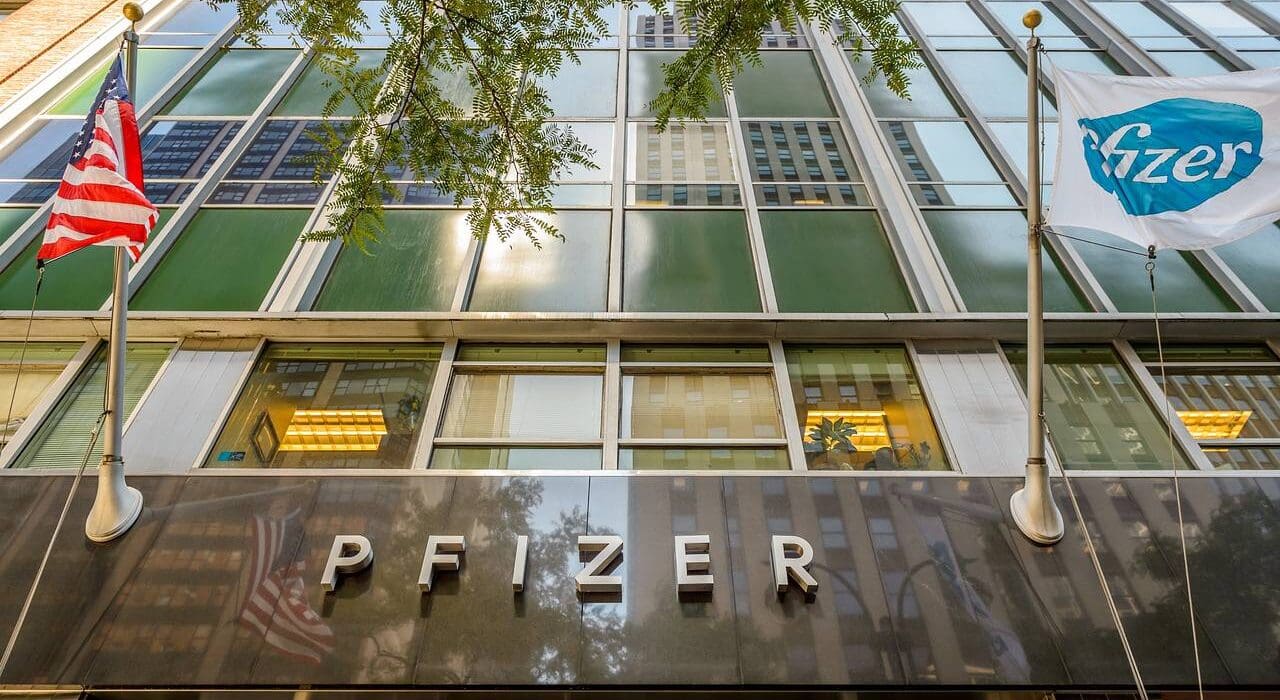A $43 billion deal has been reached between Pfizer and Seagen. The Wall Street Journal reported that Pfizer has agreed to pay USD 43 billion for biotech Seagen and its pioneering cancer drugs.
In the deal, Pfizer will pay USD 229 in cash per share, according to the drugmaker. The deal, which includes debt, is expected to close late this year or early next year.
Antitrust regulators, who have stepped up their reviews of healthcare and other deals, are likely to scrutinize it.
According to the Wall Street Journal, the deal shows that big pharmaceutical companies are poised to make a lot of deals this year despite the threat of close antitrust examinations and higher interest rates.
After potential targets became too expensive, drugmakers backed off from what had been a torrid deal pace in recent years. In spite of this, they must inject new drugs – and their sales – into their aging lineups, resulting in lowered prices after some research failures and rising interest rates.
According to WSJ, Sanofi said it would buy Provention Bio, which sells diabetes treatment Tzield, in a USD 2.9 billion deal.
This Seattle-based company pioneered antibody drug conjugates, or ADCs, which target tumours with toxic agents.
Based on estimates from drug-market-research firm Evaluate, the drugs could account for USD 31 billion in sales in 2028, one of the next big segments of the USD 375 billion cancer-drugs market.
As some top-selling drugs such as blood thinner Eliquis and breast cancer drug Ibrance lose patent protection in the next several years, Pfizer has been looking for acquisitions to offset its expected sales loss of USD 17 billion by 2030.
The Covid-19 vaccine and drug have buoyed Pfizer’s performance in recent years. The company’s executives have said they can’t count on the same level of sales going forward because the pandemic is entering an endemic phase, leading them to use its Covid-19 revenue to make deals.
Pfizer’s cancer treatment franchise contributes more than USD 12 billion in sales out of the company’s USD 100 billion in sales.
In a report by WSJ, Pfizer plans to expand its cancer drug business. Analysts said Seagen’s therapies would expand Pfizer’s portfolio of breast and bladder cancer drugs, while complementing its efforts to build positions in other tumours with large patient populations like myeloma.
In an interview with the Wall Street Journal, CEO Albert Bourla said, “We are investing to fight cancer. We are investing to grow.”
According to Pfizer executives, federal antitrust authorities will approve the deal as Seagen and Pfizer bring complementary capabilities.
Pfizer stock rose 2.7% on Monday morning, while Seagen stock jumped more than 16 percent.
By 2030, Pfizer expects to generate USD 25 billion in additional revenue through business development, including deal-making, through the Seagen acquisition.
By 2030, Seagen, which expects USD 2.2 billion in revenue this year, could bring Pfizer more than USD 10 billion in revenue if the biotech is successful in expanding applications of its drugs to more kinds of tumours.
Bourla called Pfizer’s revenue target reasonable, according to the Wall Street Journal, and said the company can help Seagen expand its commercial capabilities and use its global drug-development network.
Over the next three years, Pfizer expects to save USD 1 billion from the deal, largely by avoiding costs like enlarging its own sales force. Instead, Pfizer can use Seagen’s.
Its potential for ADCs caught the attention of Pfizer and other drugmakers. Merck & Co discussed buying Seagen last year, but couldn’t come to an agreement on a price, according to The Wall Street Journal. When the Journal reported last month that Pfizer and Seagen had begun talking, negotiations moved quickly.
Also Read:
